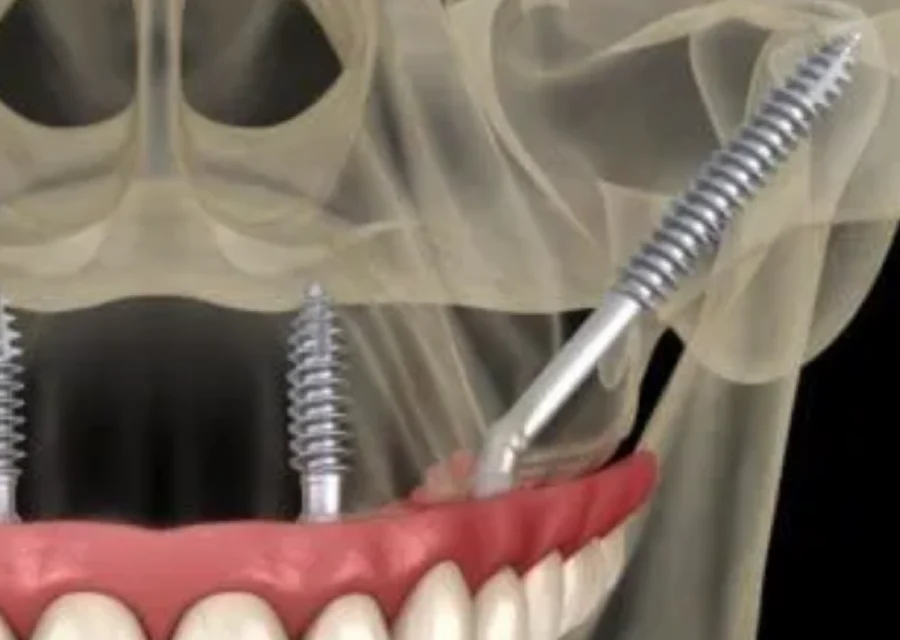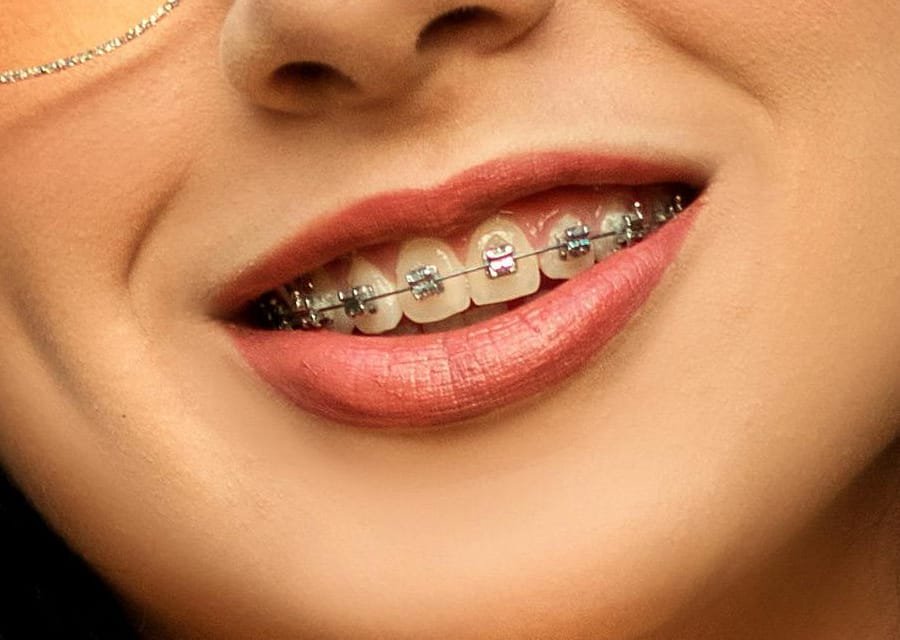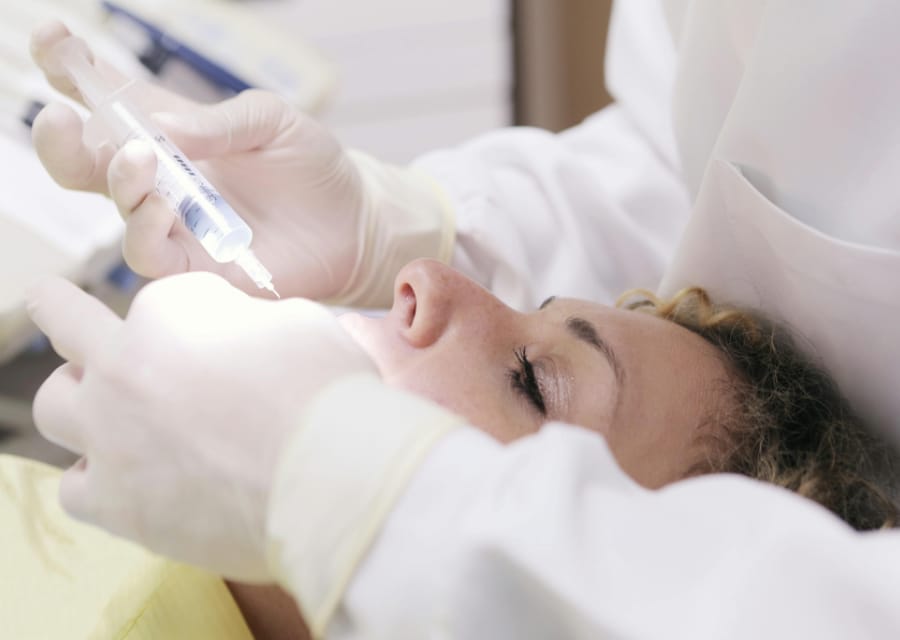
In the world of dental rehabilitation, zygomatic and pterygoid implants have emerged as groundbreaking solutions for patients with severe maxillary bone loss. These implants provide hope where traditional dental implants may fail due to insufficient bone volume. By anchoring in the dense zygomatic or pterygoid bone structures, these specialized implants bypass the need for extensive bone grafting procedures, offering a faster and more effective path to oral restoration.
What Are Zygomatic and Pterygoid Implants?
Zygomatic implants are longer implants that anchor into the zygomatic (cheek) bone. They are specifically designed for patients with severe atrophy in the upper jaw, where conventional implants cannot be supported. Pterygoid implants, on the other hand, are placed in the pterygoid region of the maxilla, extending into the dense pterygoid plate. Both types of implants provide enhanced stability and are ideal for full-arch restorations.
Why Choose Zygomatic and Pterygoid Implants?
These advanced implants are highly beneficial for individuals with:
Severe bone resorption in the upper jaw.
A need for immediate loading of implants.
Failed bone grafts or sinus lift procedures.
Desire to avoid extensive grafting surgeries.
By utilizing these innovative techniques, patients can achieve functional and aesthetic results even in challenging cases.
The Placement Procedure: Step-by-Step
Preoperative Assessment
Before proceeding with zygomatic or pterygoid implants, a comprehensive evaluation is essential. This includes:
CT Scans: To assess bone quality and determine precise implant positioning.
3D Planning: Advanced software assists in planning the implant trajectory to avoid anatomical complications.
Surgical Procedure
Anesthesia: The procedure is typically performed under general anesthesia or intravenous sedation.
Incision and Exposure: The surgeon exposes the bone in the maxillary region.
Implant Insertion: Using specialized instruments, the implants are carefully placed into the zygomatic or pterygoid bone.
Prosthesis Attachment: In most cases, temporary prostheses are attached immediately, allowing patients to leave the clinic with functional teeth.
Postoperative Care
Pain Management: Mild discomfort can be managed with prescribed medications.
Diet: A soft diet is recommended during the initial healing period.
Follow-Up Visits: Regular check-ups ensure proper healing and integration.
Benefits of Zygomatic and Pterygoid Implants
No Need for Bone Grafting: These implants eliminate the need for complex bone augmentation procedures.
Immediate Functionality: Temporary teeth can often be loaded on the same day.
High Success Rates: Studies report success rates of over 95% for zygomatic and pterygoid implants.
Aesthetic Improvements: Restore facial structure and improve overall confidence.
Potential Risks and Considerations
While highly effective, zygomatic and pterygoid implants are not without risks. Possible complications include:
Sinus perforation.
Implant failure (rare with proper care).
Prolonged healing in complex cases.
Choosing an experienced oral surgeon significantly minimizes these risks and ensures optimal outcomes.
Are You a Candidate?
Zygomatic and pterygoid implants are suitable for most patients with:
Significant maxillary bone loss.
Previous failures with traditional implants.
Good overall health and oral hygiene practices.
Consultation with a qualified oral surgeon is crucial to determine the best treatment plan.
Conclusion
Zygomatic and pterygoid implants represent a leap forward in dental implantology, providing a lifeline for patients who might otherwise have limited options. By anchoring in robust bone structures, these implants ensure stability, functionality and aesthetic satisfaction. If you’re struggling with bone loss and seeking a permanent solution, consider exploring the transformative potential of zygomatic and pterygoid implants.
For more information, reach out to a specialized dental professional today and take the first step toward restoring your smile and confidence.
To schedule an appointment at ‘Sukumar Dental Clinic’ call +91-7418210108 or WhatsApp Dr. Sukumar at +91-9655225002. We take pride in having the top dental clinic in Palayamkottai, Tirunelveli. Alternatively, you can email us at info@sukumardental.com


